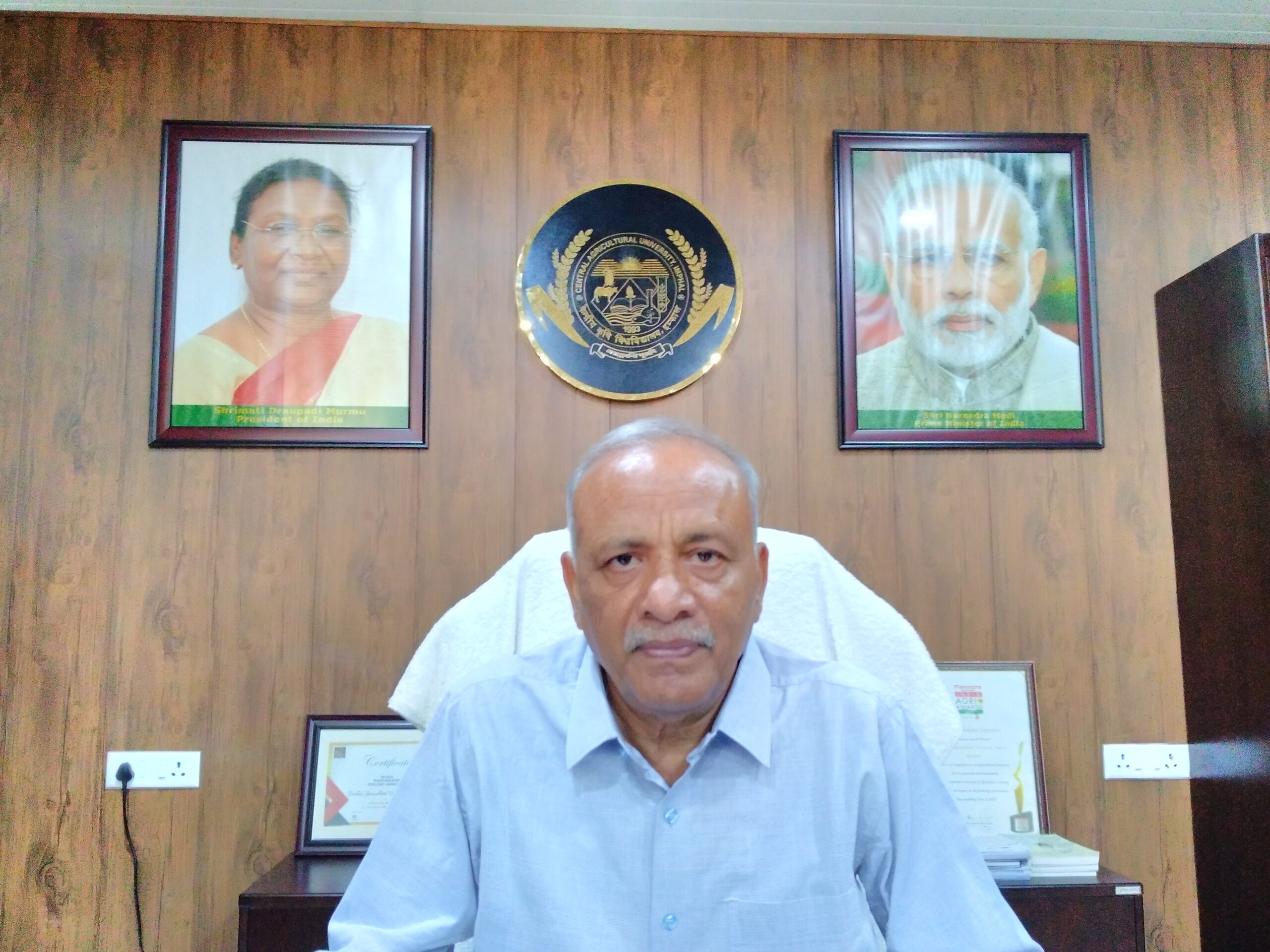‘Our students should become skill oriented’ Dr. Mishra echoed and that is the core focus of his vision for the University
 Biswadeep Gupta
Biswadeep Gupta

Imphal : To ensure inclusive and equitable quality education and promote lifelong learning opportunities for all by 2030 as the SDG4 adopted by India, the Central Agriculture University for implementation of NEP-2020, has signed MoU with 45 universities/institutes in the country and 3 international organizations and in the process of signing MoUs with 17 institutes/universities in 13 South East Asian countries said Dr. Anupam Mishra, Vice Chancellor of Central Agriculture University (CAU), here at Imphal in an exclusive interview with this correspondent.
These MoUs are aimed towards student exchange, faculty exchange, collaborative research, outreaching & upscaling the technologies, sharing laboratory and other facilities, joint publication/patent/IPR, joint organization of seminar/conference/workshop, and any other scientific activities on mutual consent.
‘Our students should become skill oriented’ Dr. Mishra echoed and that is the core focus of his vision for the University. To achieve these goals the University is allocating research topics for students on thirteen different classified themes led by a course leader. ‘The students may come out with scientific outcome that becomes technology’ believes the Vice Chancellor.
28 faculties of the University underwent foreign training till now; 22 faculties are leaving India in the coming month for foreign training. Around 95 students have also undergone three months of foreign training in entrepreneurship development in universities/institutes in SE Asian countries and 56 students have been selected for upcoming training informed the Vice Chancellor of CAU
Replying to his views regarding the North Eastern economy Dr. Mishra said that the strategic location of India’s North Eastern Region (NER) sharing borders with countries such as Bangladesh, Bhutan, China, Myanmar, and Nepal—makes it conducive to international trade providing ample opportunities for enhancing the country’s economic ties. The region is also rich in natural resources and biodiversity.
NER is a part of the Indo-Burma biodiversity hotspot and represents one of the highest avian and plant biodiversity of the Indian subcontinent. It is a veritable powerhouse with a potential of 50000 MW of hydroelectric power and an abundant reserve of fossil fuels. ‘So, economically, NER has huge potential’, he echoed.
‘As entrepreneurs play a key role in any economy, using the skills and initiative necessary to anticipate needs and bring new ideas to market, our University is focusing on improving the skills and mindset of the students so that when they passed out from our University, they can evolve as entrepreneurs and start their own business’, Dr. Mishra envisaged.

